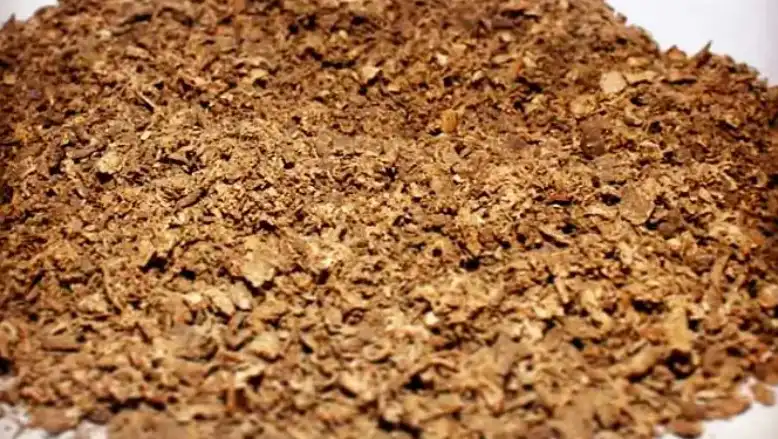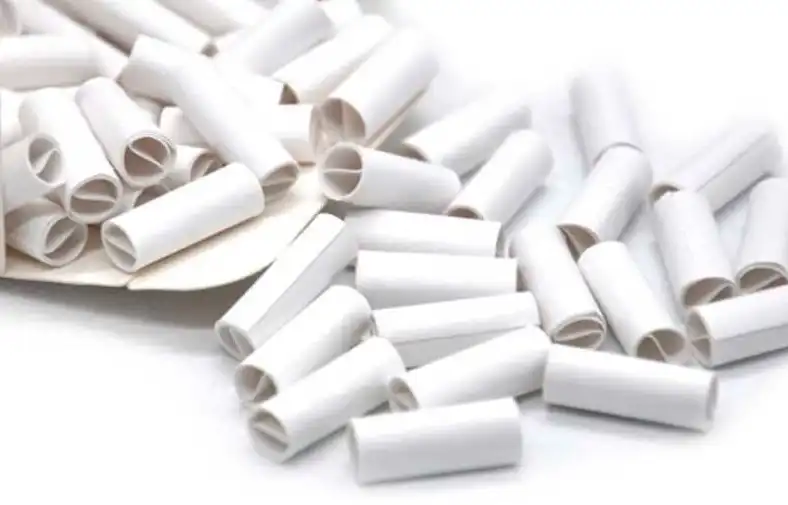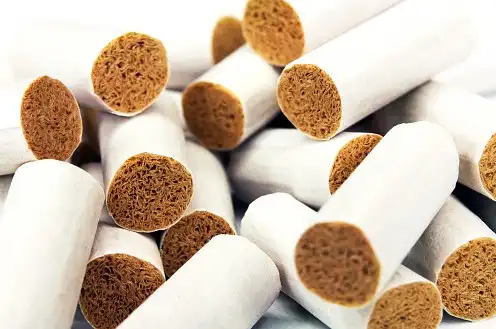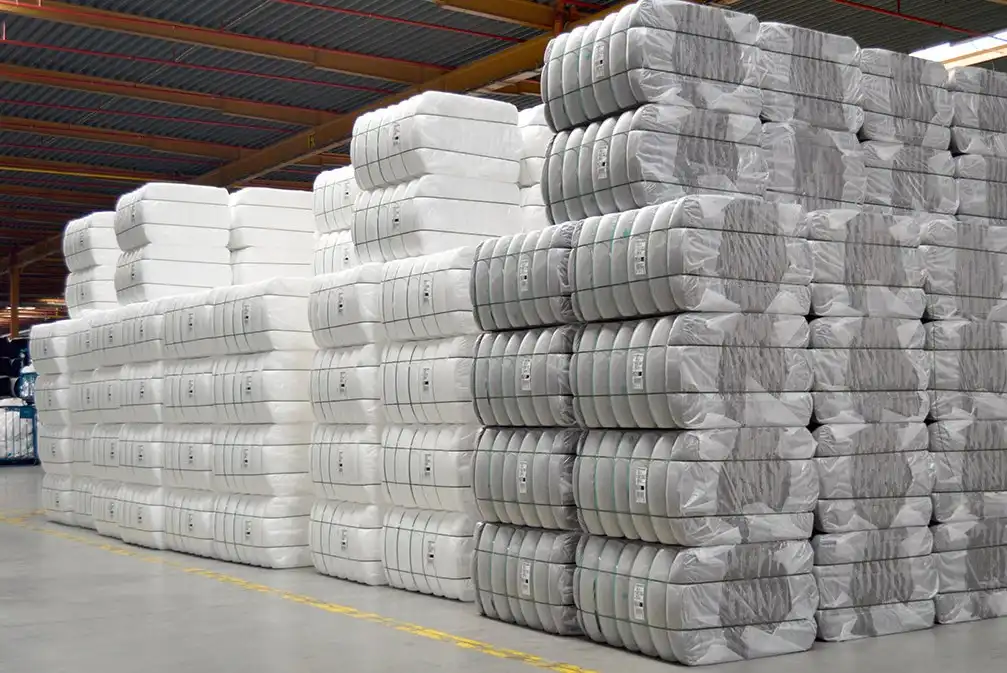Are Cotton Filters Biodegradable? Detail Explanation
You may have noticed the cotton filter of a cigarette on the floor and thought that it may be made of cotton at first sight. Because if you tear the cigarette butt, it will seem just like harmless white cotton. So, naturally, you would think that cotton filters may be biodegradable just like cotton.
But are these cotton filters really biodegradable or we are just polluting our planet? This is the million-dollar question and you will be astonished after knowing the actual facts about it.
Cigarette butts or cotton filters aren’t 100% cotton and thus, they are not fully biodegradable. In this article, we’re going to explain to you whether cotton filters can be biodegradable or not and why cigarette companies don’t use biodegradable filters. Let’s learn below.

Are Cigarette Cotton Filters Biodegradable?
The number one most found trash item on beaches all around the world is cigarette cotton filters. It simply means these cotton filters aren’t biodegradable.
These cotton filters aren’t actually made of cotton, instead, they are made of a plasticized cellulose acetate which is not fully biodegradable. It is one kind of plastic that breaks down into small pieces when exposed to the UV ray of the sun for a long time. It can take from 18 months to 10 years to break down! But they never completely disappear.

These cotton filters are unable to be decomposed by bacteria or other living organisms because these filters contain many toxic compounds such as Nicotine, Arsenic, Lead, Copper, Chromium, Cadmium, Poly-aromatic hydrocarbons, etc. So, these filters turn into little pieces of micro-plastic after 10 years and keep polluting the soil.
Why Don’t Cigarette Companies Use Biodegradable Cotton Filters?
Now you know that cotton filters aren’t biodegradable, you might think why don’t cigarette companies use biodegradable cotton filters?
Though cigarette filters are used to filter out the excess tar, it also prevents flames from reaching the end of the cigarette. As a biodegradable cotton filter is more flammable than cellulose acetate, we hope you can imagine what would happen if they are used for cigarettes.
Are There Any Biodegradable Cigarette Filters?
Though most companies use cellulose acetate filters for cigarettes, many companies have already started searching for biodegradable filters for cigarettes.

Recently, a company named GreenButts has started making an organic biodegradable filter that is made of hemp and wood pulp. Some small American companies are trying to make biodegradable filters from herbs like Basil, Lawn Grass, Rosemary, and Thyme.

So, although cotton filters aren’t biodegradable, we still can hope to find biodegradable filters in the near future so that our future generation can enjoy a cleaner world.
Is It Possible to Recycle Cotton Filters?
As Cigarette cotton filters aren’t biodegradable, there was no way to recycle used cigarette filters in the past. They were just been used in landfill sites. But recently, a company named TerraCycle has identified the biggest cause of trash and aimed to recycle these filters to keep the streets clean.

They recycle cotton filters of cigarettes and turn them into pallets. So, there is a hope that we won’t have to see the cotton filters spread all around our streets in the near future.
Frequently Asked Questions and Answers
Are Raw Cotton Filters Biodegradable?
Yes, cotton filters by the company named RAW are 100% biodegradable because they are made with unbleachable natural cotton. Though this cotton takes time to decompose, it isn’t as much as regular cotton filters.
What Are Biodegradable Filters Made Of?
Biodegradable filters are made of 100% organic materials that can be easily decomposed. They are either made of 100% organic cotton or 100% pure cellulose.
How Long Does A Filter Take To Biodegrade?
Non-biodegradable filters can take 18 months to 10 years to break into pieces but they don’t decompose at all. On the other hand, biodegradable filters take three to six months to biodegrade.
Conclusion
Cotton filters aren’t actually made of cotton, they are basically plastics. For this, cotton filters aren’t biodegradable. We hope now you understand why these cotton filters are a great threat to us. If you want to learn anything else regarding this topic, don’t hesitate to ask in our comment section below. Thanks for reading.